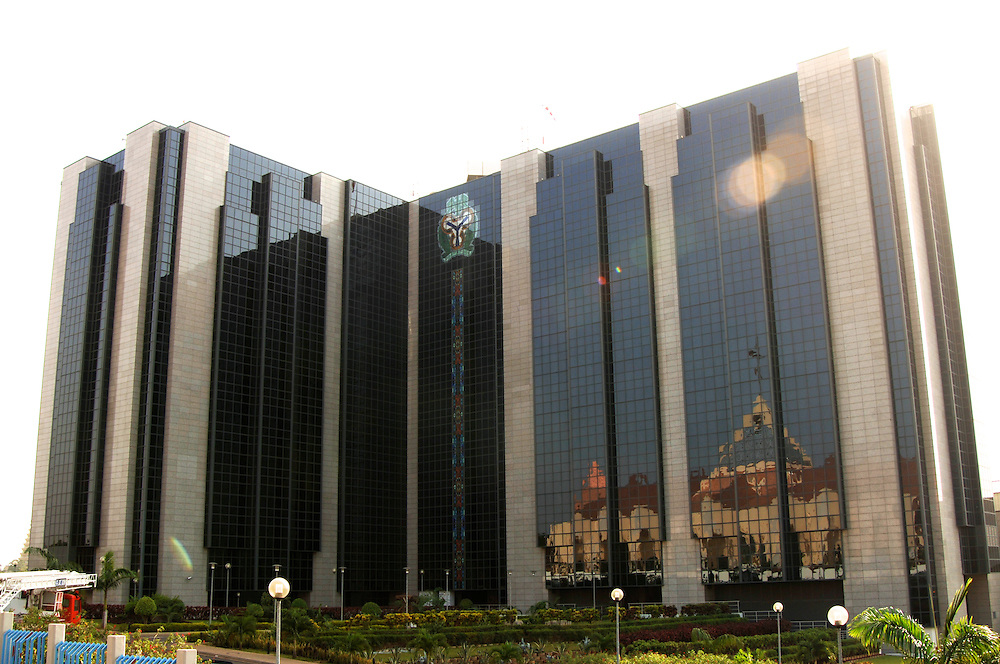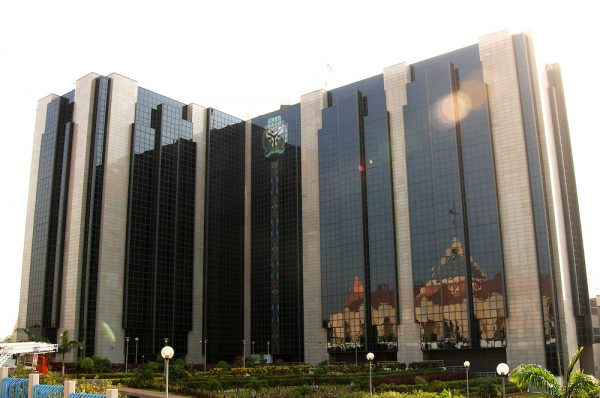The Central Bank of Nigeria (CBN) is the institution legally charged with overseeing Nigeria’s banking sector. It controls the country’s monetary and fiscal policy, is in charge of the foreign currency reserves, and acts as banker and financial advisor to the government.
The nature of the apex bank’s interaction with Nigeria’s banks has changed over time. In its early days, it ensured that the financial institutions were fit enough to bear its obligations without folding up. Later on, it enforced both nationalistic and liberalizing economic policies, as the government’s priorities dictated.
In recent times, the CBN has assumed greater autonomy. Thanks to major revisions of the laws concerning its functioning, it has been able to wield considerable powers of sanction against erring banks, and heavily influence the growth direction in which the country’s major sectors move.
Prominent Central bankers like Professor Chukwuma Soludo and Dr. Sanusi Lamido Sanusi also played their roles in cementing the institution’s authority. In their tenures as CBN governor, they undertook reforms that significantly impacted the financial sector and the wider economy.
History of the Central Bank of Nigeria
Concern over the lack of regulation led the colonial era authorities to institute an enquiry, led by G.D. Paton, in 1948. The chief result of that enquiry was the banking ordinance of 1952, which was the closest thing to an official regulation of the sector. However, this wasn’t enough. By 1958, a bill for the establishment of a Central Bank was considered and approved by the House of Representatives. The Central Bank began operating in 1959.
In the decades that followed, the CBN had its mandate changed a number of times. In the 1970s, it deferred to the military government’s nationalist agenda, which saw control of the major banks transferred from foreign owners to Nigerians, especially the government itself.
The introduction of the Structural Adjustment Program led to the liberalization of many aspects to the economy. With many new banks appearing on the scene, the CBN was required to step in and prevent the proliferation of so-called mushroom banks.
In the first decade after the restoration of democracy in 1999, the CBN played a major role in the strengthening of the Nigerian banking sector. Under Professor Chukuwma Soludo, the minimum capital requirement for commercial banks in Nigeria was raised to ₦25 billion. This forced the closure of several banks and the merger of others. In the end, the banks that emerged from the process were strong enough to dominate banking across Africa.
The Operations of the CBN
The CBN is most widely known in Nigeria as a regulator of the country’s Deposit Money Banks (DMBs). It currently sets the parameters for their activities, from customer accounting issues to charges and internet banking.
But it’s also involved in a range of other activities, including the printing and circulation of the Naira, Nigeria’s official currency. It maintains the local currency’s exchange rate using a ‘managed float system’; in other words, it lets the naira’s value fluctuate within a narrow band of values that it sets.
The apex bank functions on the economic development front as well. It has ordered banks to lend certain portions of their money holding to businesses, and also funds government’s business support initiatives through public and private sector financial institutions.
Nigeria’s government also seeks the input of the CBN in the design and implementation of economic policies. The apex bank, along with the Ministry of Finance and the Ministry of Industry, Trade and Investment, plays a leading role in determining the direction in which the country’s economy moves.
Featured image source: Johnnygreig.Photoshelter


